10 Unresolved Mysteries & Plot Holes Left Hanging In Watch Dogs: Legion
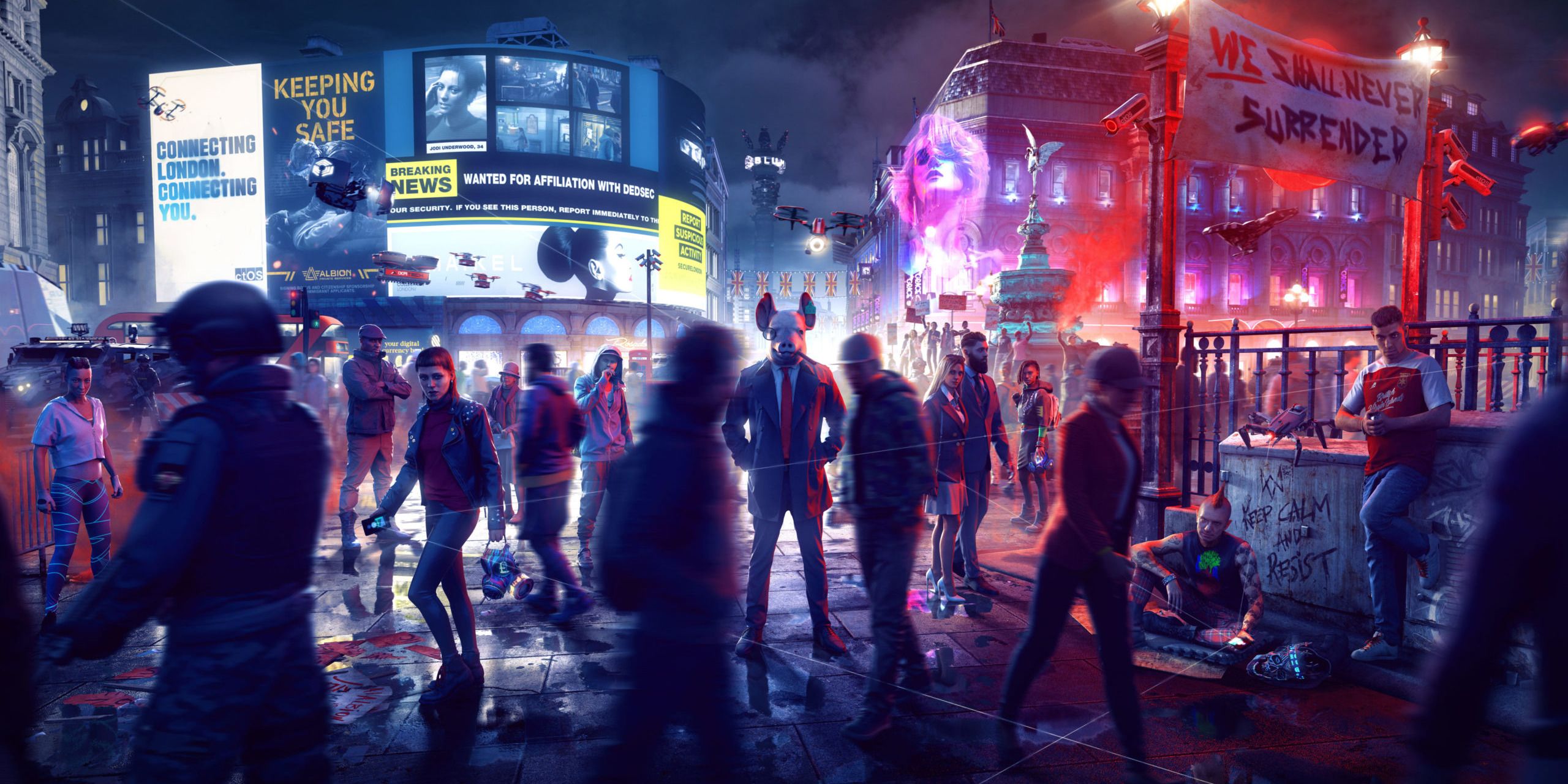
When Watch Dogs: Legion was released in October 2020, it was amid a good time for open-world games. The desire for exploration has resulted in many big titles this year like Immortals Fenyx Rising and Cyberpunk 2077. Despite all this open-world hype, it was not a format that was seeing much in the way of reinvention (just worlds made with more to do), until Watch Dogs: Legion, where Ubisoft surprised players with the refreshing concept of an open-world with no single main protagonist.
It's as unusual as it sounds for a game mechanic, but for the messages and meaning of its story, it fits quite well. Rather than being a single hero, fans play as (potentially) all of London's citizenry, fighting against the corrupt powers to restore London to some former freedom. Still, even in as bold an experiment as this, there are still aspects that fall flat, some of which are disappointing, but all of which are to be expected for a game doing something new.
10 What Is London's DedSec Now?
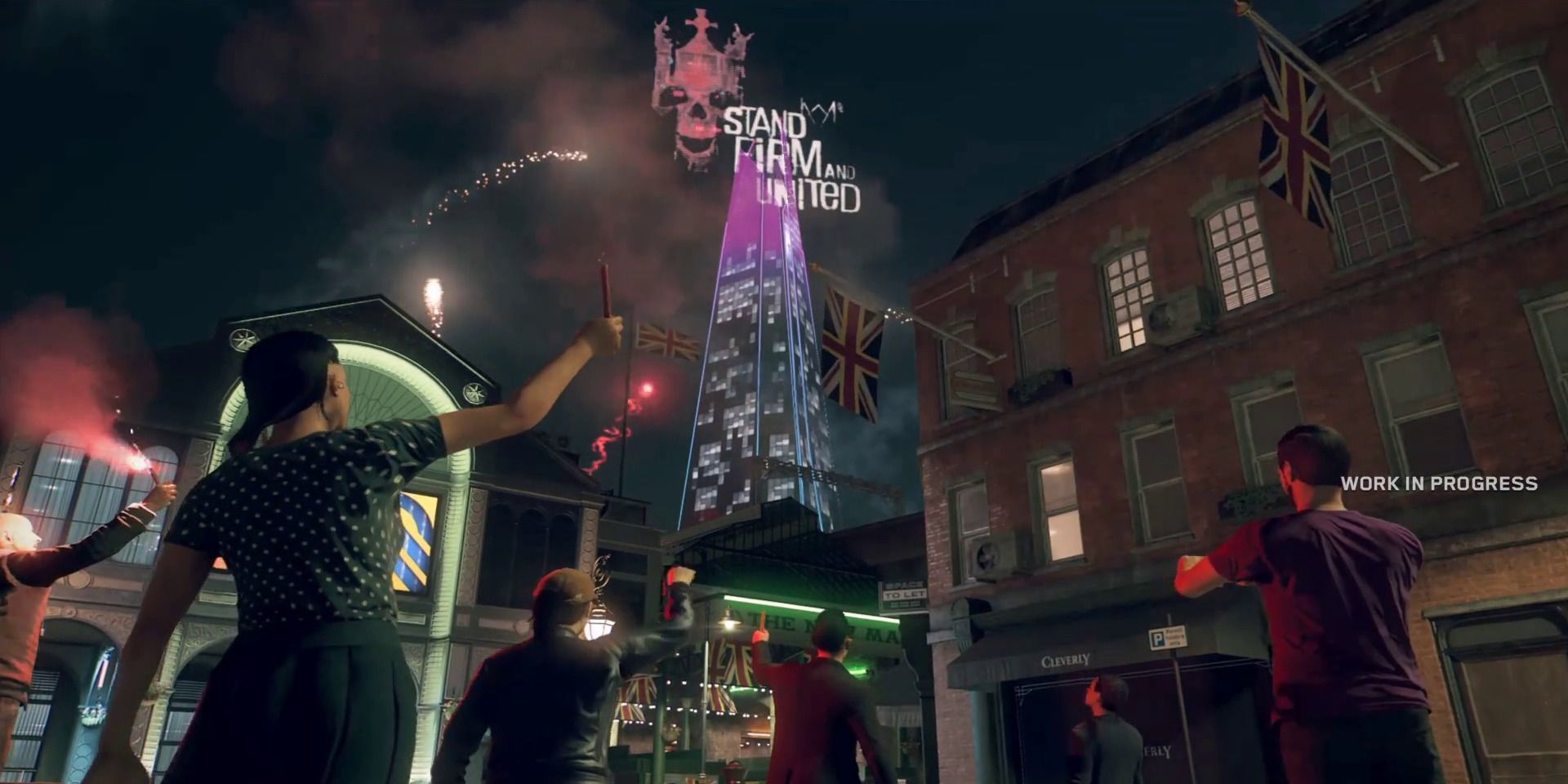
Since DedSec is a hacker group comprised of essentially no one in particular except for Sabine Brandt, who revives it in the wake of the attacks that begin the game, it might not be a question every player has on their minds. Regardless, it's a curious point, considering how interested Legion's story is with morals and fighting for what's right. What exactly does DeadSec stand for? In the last act of the game, there's a very clever plot twist that throws any certainty of what DedSec represents out the window.
Although the hacker group still operates and succeeds in its goals, in a narrative so concerned with ideological rhetoric, the focus of DedSec itself is muddled. Yes, they succeed, but is simple success in only stopping a threat, not changing the world, really their central aim? Hard to tell.
9 Out Of The Bagley
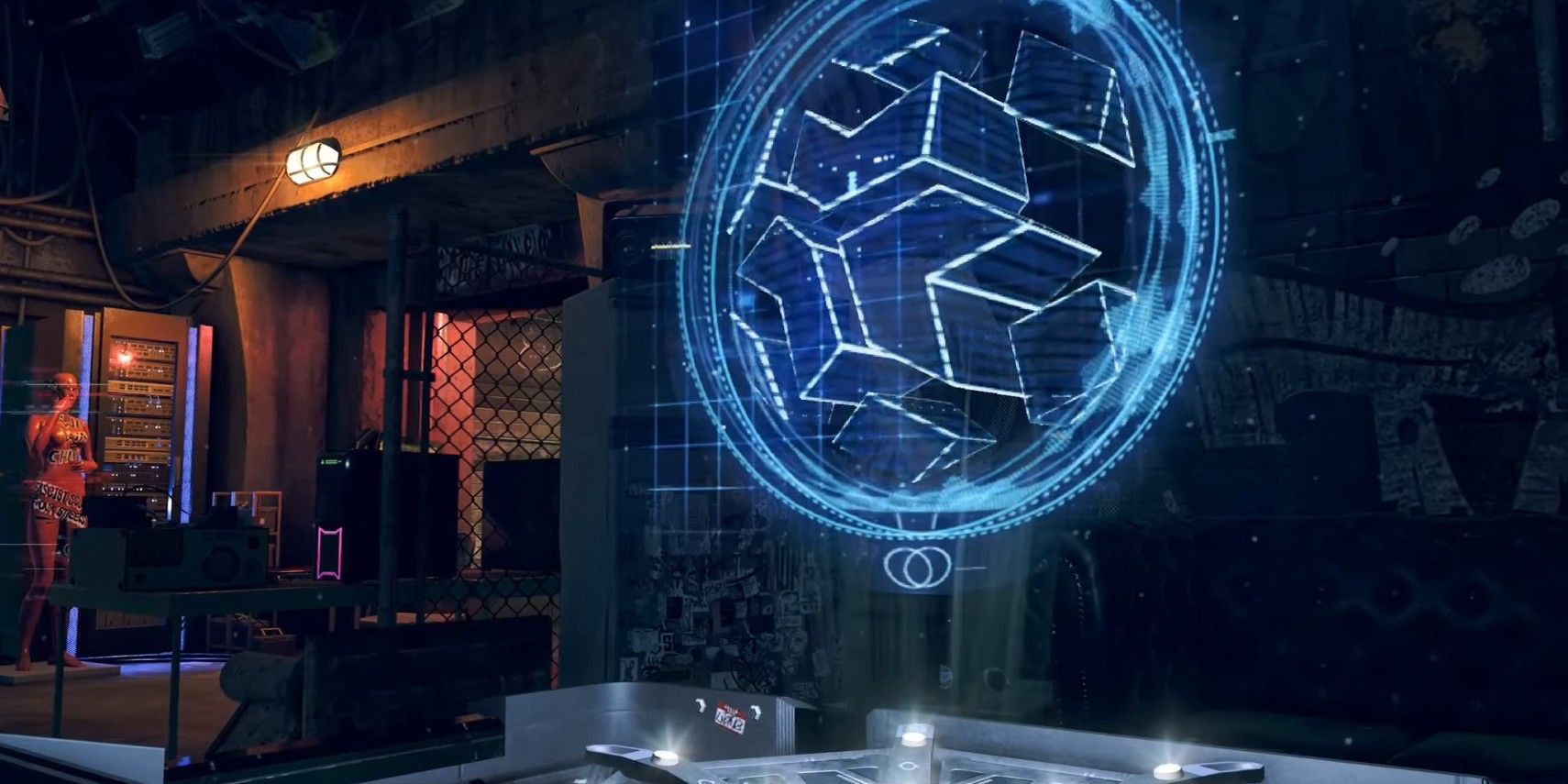
Bagley, the wickedly witty AI that narrates the game and plays a large part in it, is one of the best parts of Legion. Bagley is the player's strongest connection to the world before the Zero Day bombings; he is the glue that fills in the knowledge gaps; and he is the backbone of DedSec. Near the finale of the game, Bagley is also revealed to be even more crucial to the events of the story, with Sabine having colossal plans for him.
Unsurprising: Bagley deserves colossal plans for his future. He is, after all, an extraordinarily knowledgeable AI with a five-star personality. However, when players are faced with Legion's big twist, the question arises as to how much Bagley knew. Did he know of the much larger plans in motion? Or, if he didn't directly know, wouldn't he have been able to piece it together quickly in a world obsessed with surveillance?
8 The Heads of the Hydra
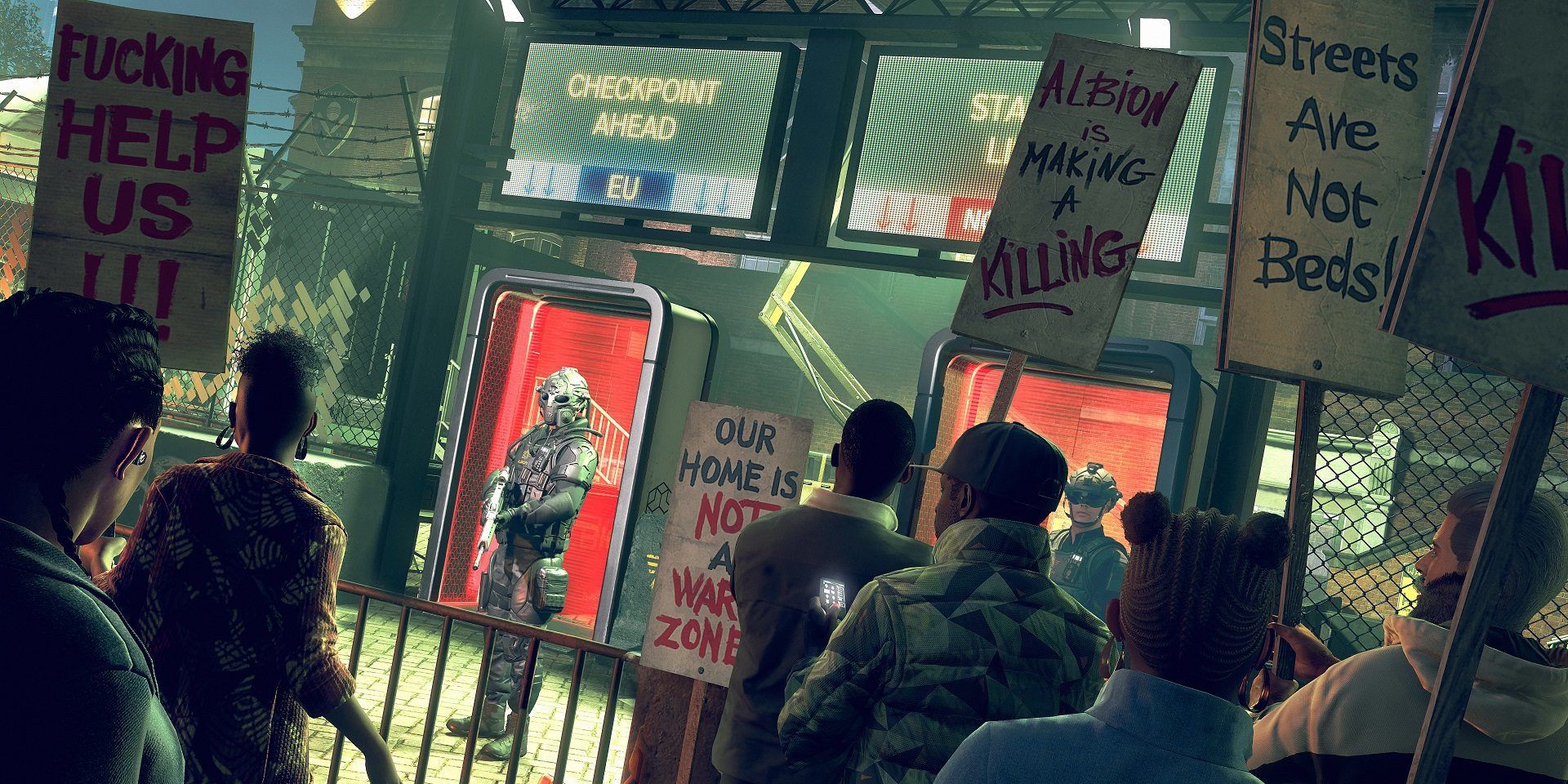
Despite London's entire procedurally-generated population making up the protagonist of the game, the villains are not afforded the same treatment–they are still big, bad stereotypical villains. The diabolical CEO, the devoid-of-humanity crime lord, and the evil intelligence director are all enemies whose archetypes are comfortably well-known. In relation to these run-of-the-mill corrupt figures, Legion still handles its messages railing against fascism and corruption; though, with little pay off. As expected, these villains are defeated and their sins exposed.
But that's it. All it takes is one look at London to know that the problems plaguing this society run much deeper than these organization heads. In this case, it's not so much a "cut the head off the snake" situation as it is a "cut off the head and two more shall take its place."
7 DedSec's Popularity

Any organization, above ground or below, requires a certain amount of recognition and popularity to effectively recruit. Legion sort of gets this. When it comes to recruiting, everyone's always just one favor away from joining. In the moment, it seems easy: Want someone beat up? Done! Now there's a new recruit. However, the effects are strangely short-sighted.
Legion puts much emphasis on the power of public opinion, but public opinion in the game itself doesn't operate on the same level of depth as it should. No matter what DedSec does, no matter who they maim, who they steal from or who they spy on, they will always be, without question, popular among the disgruntled masses. The same DedSec that was labeled a terrorist organization over the bombings? It's possible that Albion, Clan Kelley, and SIRS really are that bad.
6 Revived But Not Rebranded
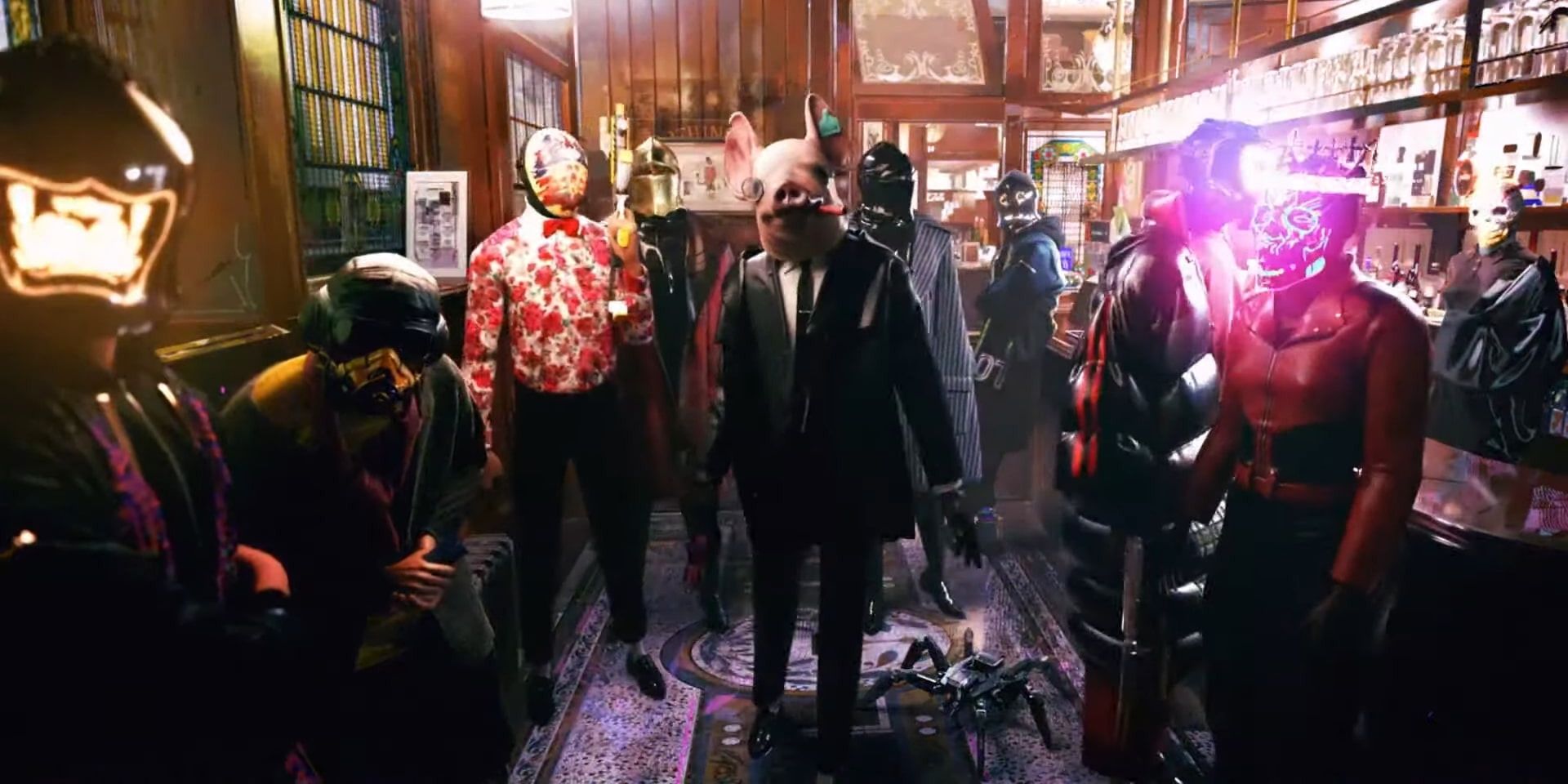
DedSec is no stranger to Watch Dogs fans. However, Legion's specific arm of DedSec seems far removed from that familiar. This may be a result of Legion feeling different, overall; but the faceless DedSec, despite its unparalleled recruiting powers, feels less organized than ever. Cast out into obscurity, one would expect a revived DedSec, always operating under the radar, to get a new name. It doesn't. Then, when DedSec loses Sabine and its legacy along with her, it still doesn't change.
It's particularly strange when one considers how important it is to DedSec to clear its name, and then how its name can't be absolved in the same way its members can. So, the organization seems to move towards fringe status bearing a familiar-but-meaningless name.
5 Everyone Loves The AI...
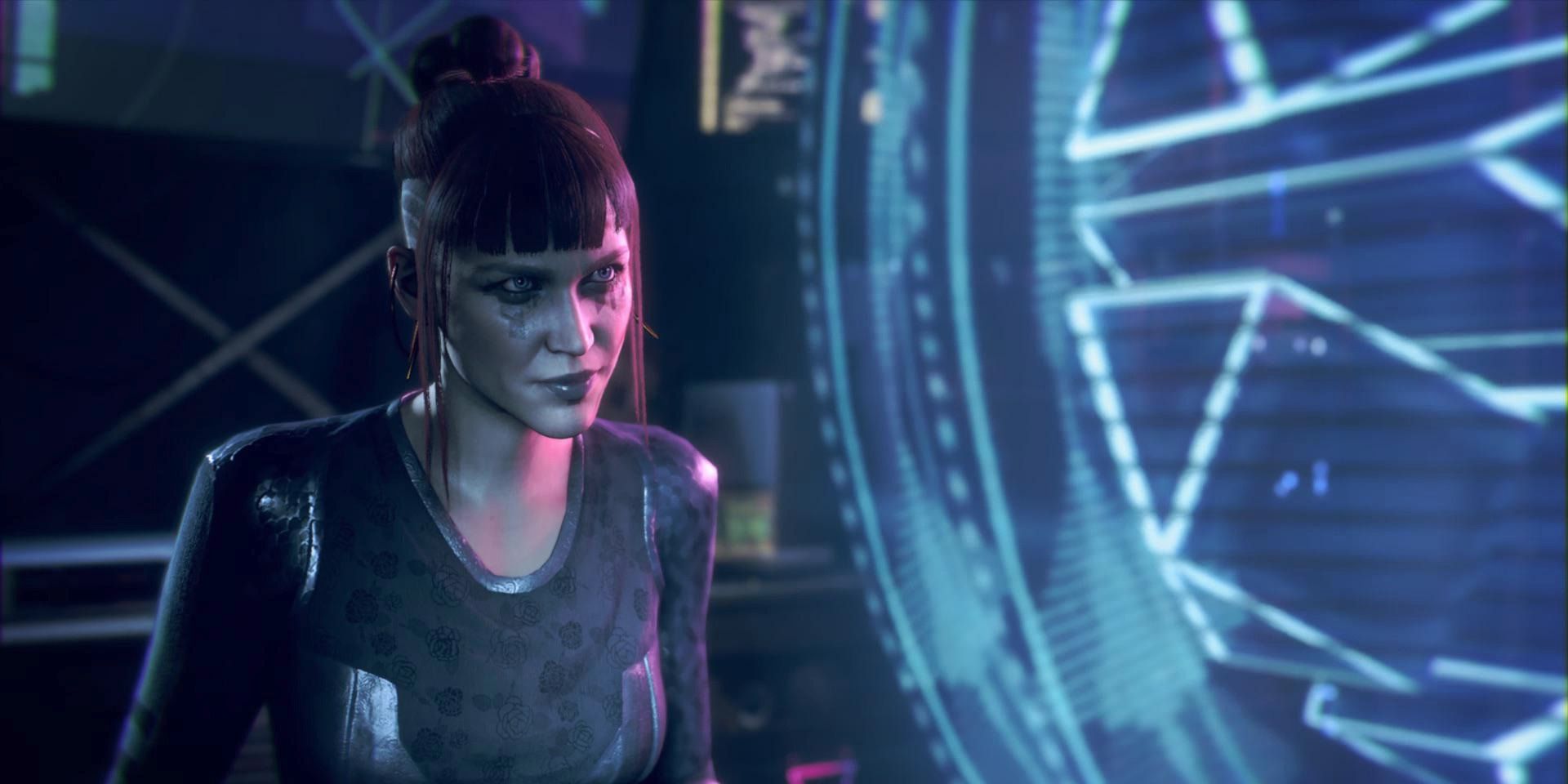
Not vital but a head-scratcher nonetheless is Bagley's interactions with all (potential) recruits. Simply put, Bagley gets along with all of them–famously. This seems unusual (and unlikely) when one considers Bagley: an AI with a complex personality rivaling that of Cortana, and is more than capable of making very witty jokes and using foul language. If there's 900 or 9 million people in Legion's London, there's bound to be someone who doesn't appreciate Bagley's snarkiness or his sailor's mouth.
In any case, even though Ubisoft strove for (and in many ways achieved) a randomizing that didn't feel repetitive in its character creation, the interactions that all characters have with Bagley, a major recurring character, are identical. This detail undermines the immersion and depth of that pool of potential protagonists.
4 Revolution Or Mere Unrest?
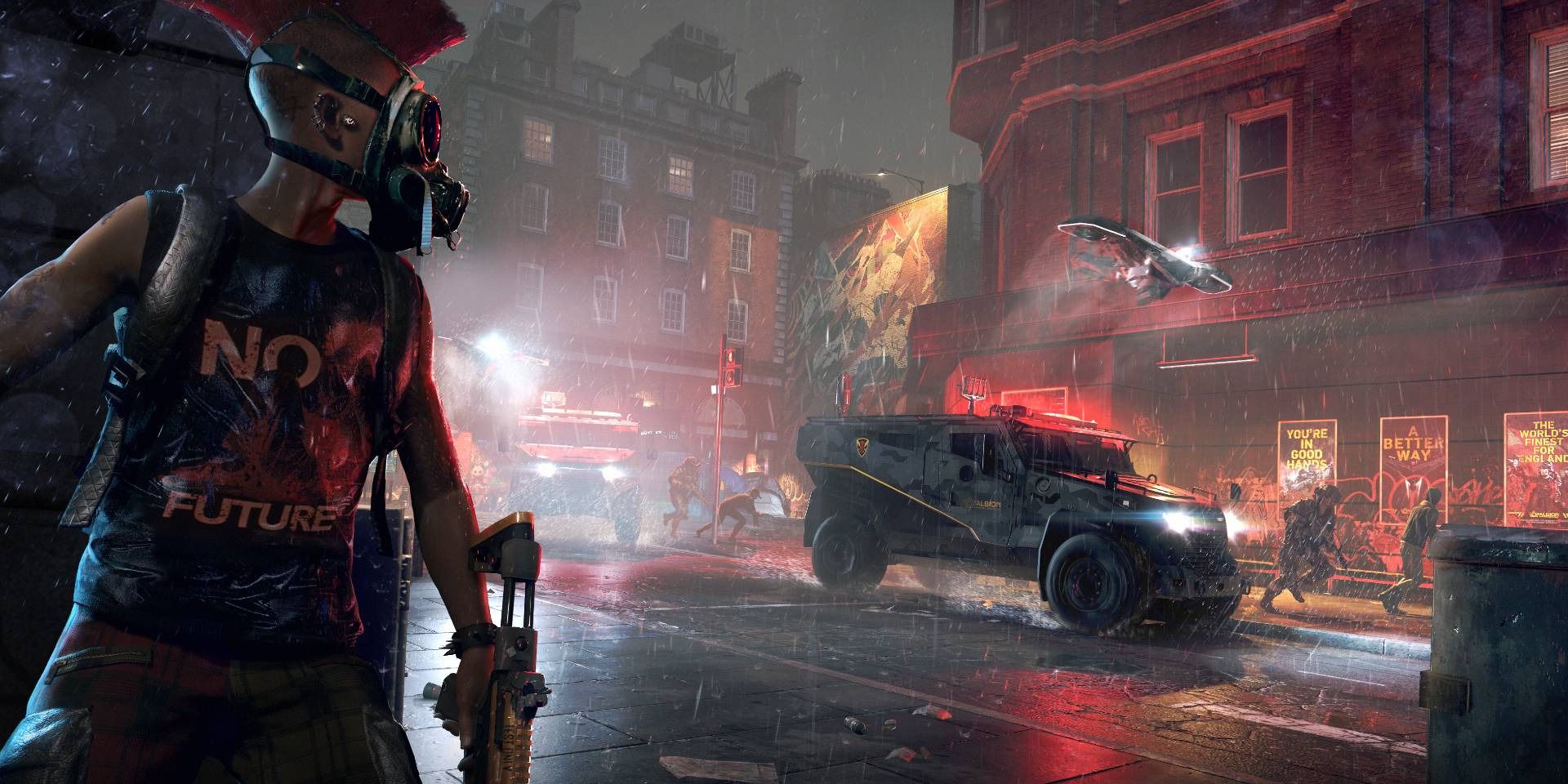
Even in all the chaos, fighting against the corrupt forces never feels like fighting a losing battle, particularly because there are always more recruits. Though motives are lacking, the population mostly supports DedSec. With the label "terrorist group," it makes one wonder why the people support them. It's clear why the Londoners are agitated and provoked, but throwing in one's lot with such a group feels less like revolution and more like anarchy.
This isn't a bad thing, and fascism does lead to anarchy, but Legion seems interested in urging players on a path through that gray area towards morality. Despite some great in-game speeches on these political themes, it might've been more effective to see differing stages of public action in response to the game's events.
3 The Legality Of It All
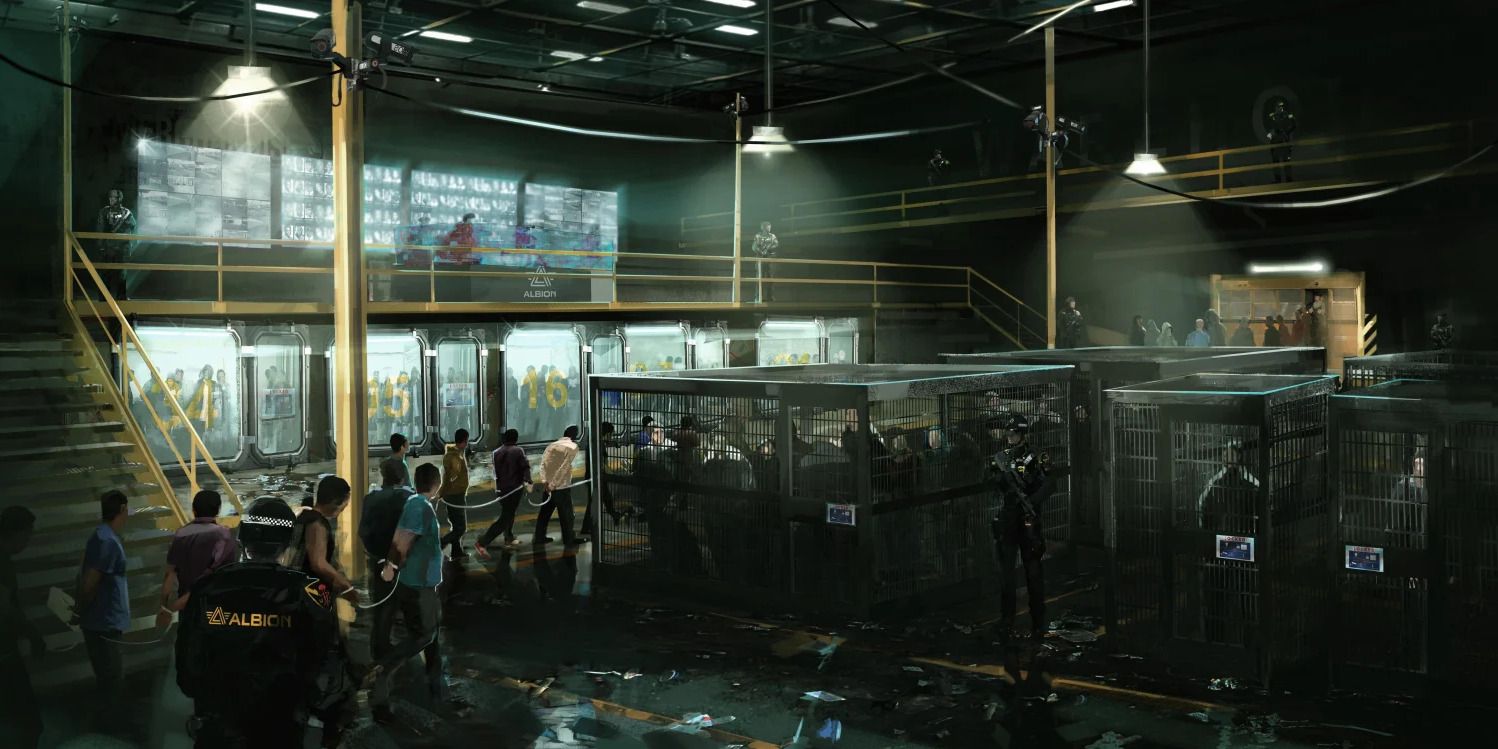
It's rather easy to forget that there is a law and justice system in place in Legion. Part of this is because Albion, the new "police," is as corrupt as they come. Another reason for this is that it's difficult to pin down what the laws are. Armed guards stalk the streets to enforce "order," but players can steal a car inches from their face with no response; an NPC could be bludgeoned nearby and they'll feign blindness.
Yet, if players accidentally body an Albion on a corner, it's like getting 5 stars in GTA: they're out for blood. Even if corruption really flows at every level, some laws should be solidified, right? Wrong. No wonder the London police had such a hard time prior–they didn't know what to enforce.
2 Everyone's A Revolutionary
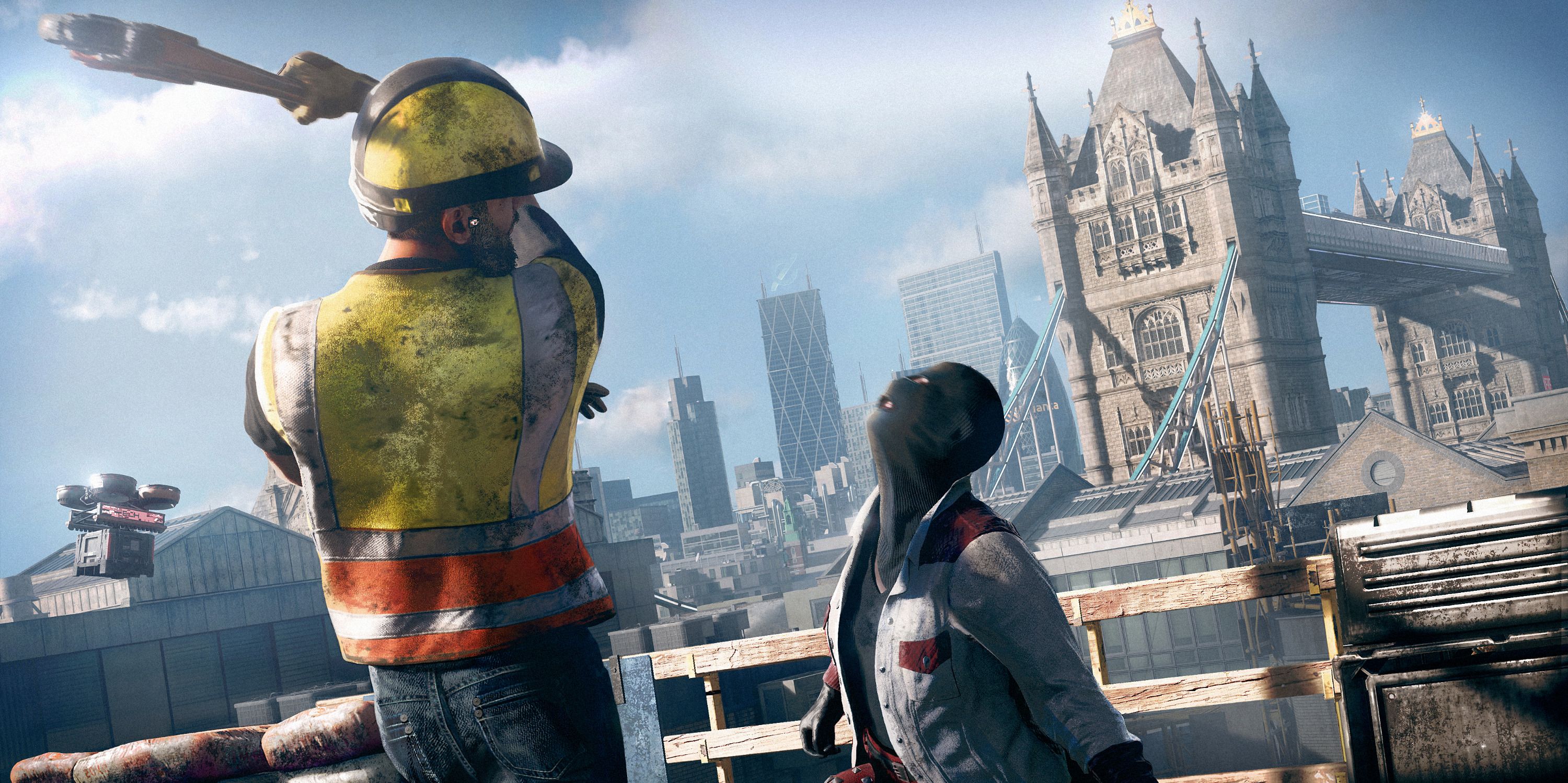
When recruiting on the London walkways, nearly everyone is just about ready to "Fight The Man" tooth and nail for the cost of one favor. They're almost all straightforward, but this feels like a missed opportunity. Despite the fact that every NPC is given a backstory, this only makes them slightly more believable as a person; what they all lack is real motive–a reason for them to fight and for players to empathize with it.
Motive plays a small part in recruiting, such as a potential recruit who knows someone who was injured by a DedSec operative. If so, they won't join. Otherwise, everyone's ready to risk it all with their hacking abilities. With Legion focused on such worldly evils, the lack of real motives in the game's protagonists feels like a weird oversight.
1 Did Dalton Die Disowned?

If the ending of Legion taught players anything, it's that no one–save the salt-of-the-earth Londoners–can be trusted. Considering how this lack of trust can be applied retroactively to events and players from early on in the game, Dalton raises some questions. He gets gunned down in the beginning as the bombs go off, leaving Sabine by herself.
As far as how close Dalton and Sabine were, that's not entirely clear, but it should be. Did Dalton suspect Sabine's plans? Did Dalton die knowing too much? Sabine most likely orchestrated Dalton's death herself, as she did everything else. If he needed to die, then for what? Perhaps he deserved a DedSec martyrdom.

Post a Comment